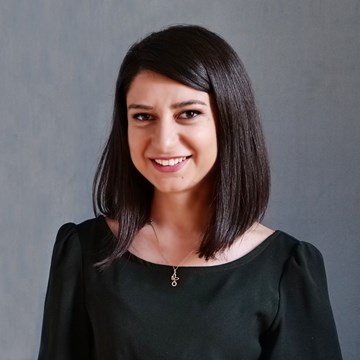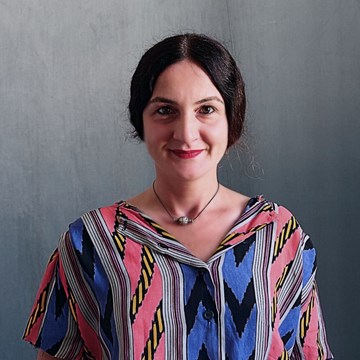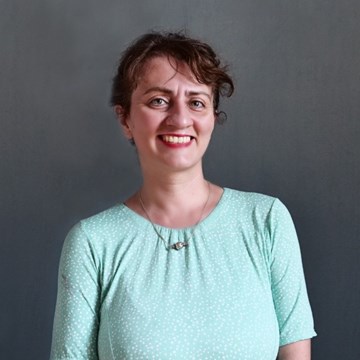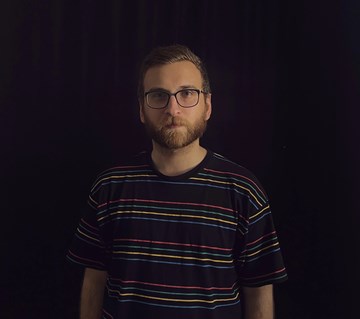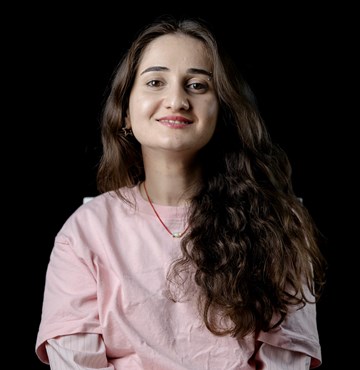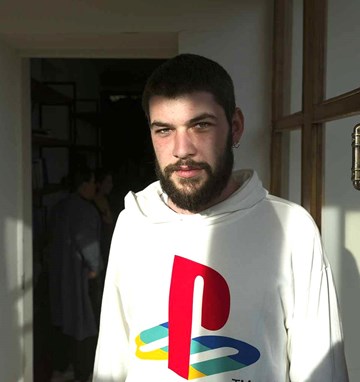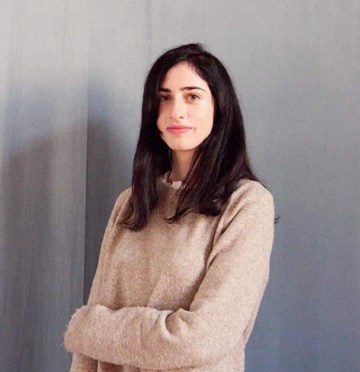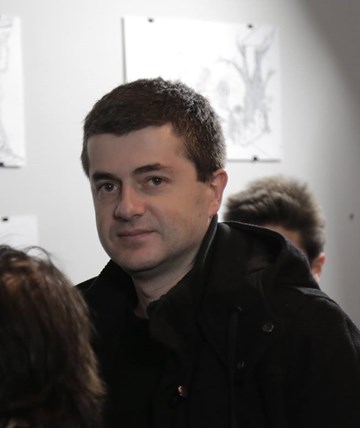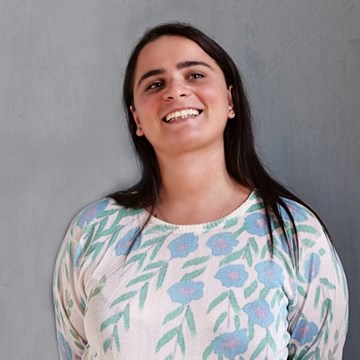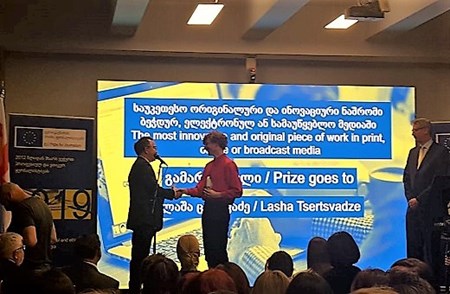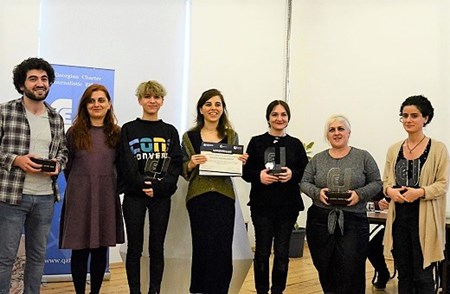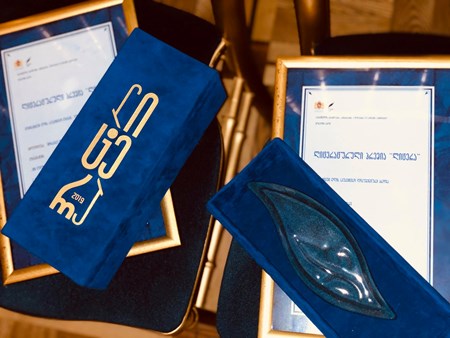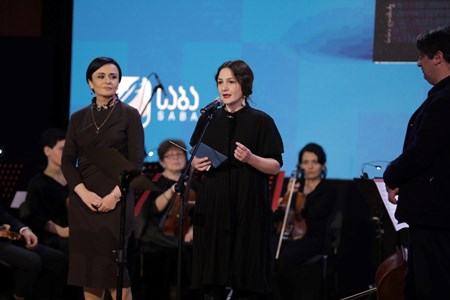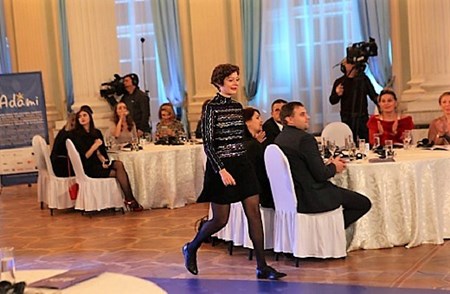Protection of personal information is part of Indigo’s editorial policy. The personal data of both respondents and website users are carefully processed, and we observe professional standards and applicable Georgian and international legislation in this process.
Consequently, the personal database of users is protected from unauthorized access and use.
This document defines rules for processing and protecting the personal and other types of user information.
By checking on the I agree to terms and conditions checkbox, you confirm that you have familiarized yourself with the document, and that you understand that the relations between you and Indigo are regulated by this document.
1. Personal data
1.1. The following information is collected when registering on the Indigo website:
- First name, last name
- Phone number
- Email address
- Address for book/magazine shipping
1.2. When you buy a product on the Indigo website, we have no access to your bank card information. Consequently, we do not store this information.
2. Purpose and duration of personal data processing
2.1. By disclosing personal data, the User, as a personal data entity, agrees and authorizes Indigo, in advance and voluntarily, to process their personal data and the activities carried out by the User on the website for the following purposes:
- Access to content available on the website
- Improve and upgrade service delivery for the User
- Direct marketing.
2.2. Indigo stores data until otherwise indicated by the User in line with the rules defined in this document and applicable legislation.
3. Data security
3.1. The organizational and technical means utilized by Indigo safeguard User data from accidental or unlawful corruption, modification, disclosure, theft, and all other forms of unauthorized use and accidental or unlawful loss.
3.2. Indigo is committed to strictly protecting the personal data of the User. Access to them is granted only to employees requiring data processing to fulfill their duties.
4. Rights and obligations of the data subject
4.1. The User is entitled to request from Indigo information about the processing of their data.
4.2. The User is entitled to request from Indigo, at any time, to modify, update, amend, block, erase, or destroy their personal data, to stop using their data for the purpose of direct marketing, via any of the means of communication listed below:
- Email: info@indigo.com.ge
- Social networks: Facebook, Instagram
- For written notice: 38 Iakob Gogebashvili Street, Tbilisi.
4.3. Indigo is obligated to modify, update, amend, block, erase, or destroy the User’s data within 10 (ten) days upon receipt of the User’s request, or notify the User about grounds for refusal.
5. Rule for amending the policy
5.1. Indigo retains the right to amend the rules and practice of personal data processing, and to make relevant amendments to this policy, and the User will be duly notified about such amendments.

